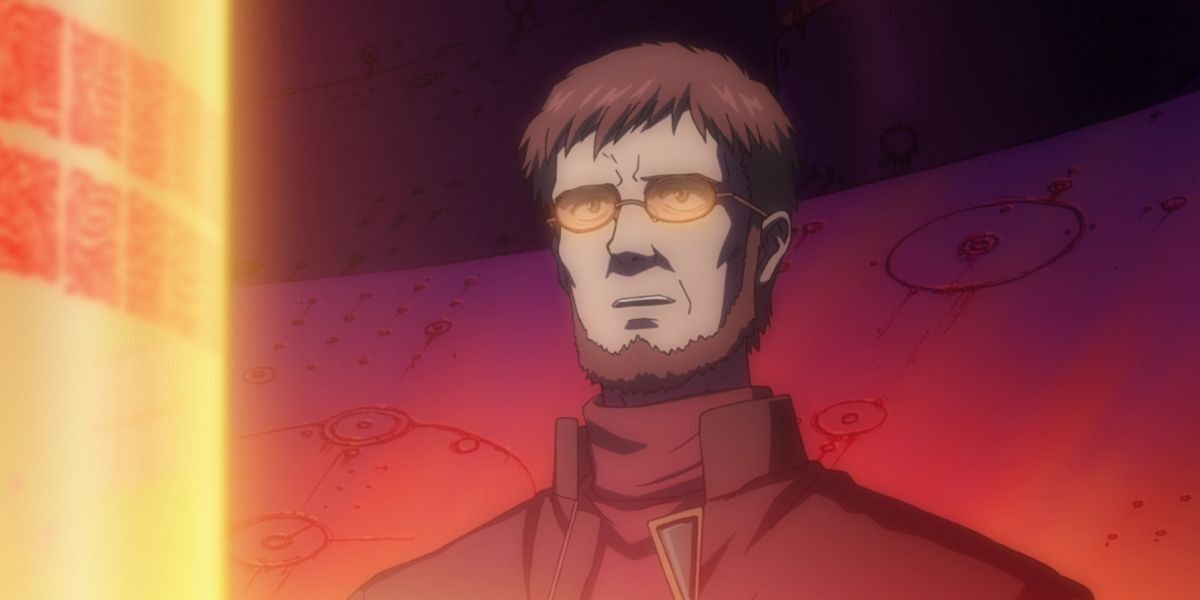Summary
- The Human Instrumentality Project, also known as Instrumentality, was a secret plan discussed by higher-level NERV personnel and SEELE.
- The goal of Instrumentality was to form all living beings into a single super-entity, transcending mortal form and achieving a new evolution for humanity.
- Gendo, who worked with SEELE, had his own secret plan within Instrumentality to reunite with his lost wife, Yui, showing his lack of concern for others.
Anyone who has watched Neon Genesis Evangelion is familiar with the term "Human Instrumentality Project." What they're less likely to know is exactly what that means. It's clear that Instrumentality was a secret plan of some sort, but just what exactly was it, and did they achieve their goal?
The Human Instrumentality Project, often just called Instrumentality, is a concept discussed primarily by higher-level NERV personnel like Gendo, as well as the unknown figures that run SEELE. The plan predates the start of the original Neon Genesis Evangelion series by quite a bit, and goes back to the initial discovery of the existence of Adam and the Angels. The organization of SEELE was actually searching for Adam, based on information found in lost Dead Sea Scrolls the group secretly acquired. Since the real life Dead Sea Scrolls were discovered in the 1940s, it's possible SEELE's plans go back much farther than they appear.
'Instrumentality' is A New Evolution for Humanity
The goal of Instrumentality in Neon Genesis Evangelion was to transcend mortal form and achieve a new evolution for humanity. The group hoped to accomplish this by forming all living beings into a single super-entity, which would no longer feel things like loneliness or insecurity, as it would contain the collective knowledge and abilities of all of human civilization. In order to accomplish this, it would be necessary to dissolve what's known as an A.T. Field, a type of forcefield which exists in all living things, and helps to keep their souls as isolated units. A.T. Fields can really only be broken by other A.T. Fields, so a key element of Instrumentality was finding an A.T. Field capable of simultaneously disrupting the A.T Fields of all humans on Earth.
Without an A.T. Field, the boundaries between one person's soul and another fade, as does the distinction between them. This is visualized in the End of Evangelion movie by having characters "melt" into LCL, the liquid that forms the blood of the progenitor of mankind, Lilith, and which is used in Evangelion entry plugs. Like puddles of liquids merging together, it's impossible to perfectly separate the souls and put them back in its original source.
Gendo's Plans for Instrumentality
Gendo Ikari works with SEELE to bring about Instrumentality, but he has his own secret goals as well. Gendo hopes that Instrumentality will allow him to reunite with his wife, Yui, who was lost in a contact experiment with Lilith years before the series begins. Yui's soul is actually stored inside Unit-01, and the story makes it clear that EVA units are essentially giant humans in armor. Gendo hopes that Instrumentality will dissolve the boundaries between souls, including Yui's in EVA Unit-01, allowing him to finally see her again after a decade of loss. SEELE doesn't know that Gendo has his own plans, but they don't fully trust him, either. It's not clear what plans, if any, Gendo had for humanity aside from Yui; even Shinji didn't seem to factor into his goals. While it gives Gendo a very human motivation, his scheme actually reveals how little he cares for anyone else, willing to throw away the whole world just to see his wife again.
When it comes to secret "evil" plans, Neon Genesis Evangelion stands out, as Instrumentality does actually occur during End of Evangelion. Whether SEELE or Gendo really got what they wanted, however, is another question entirely.



